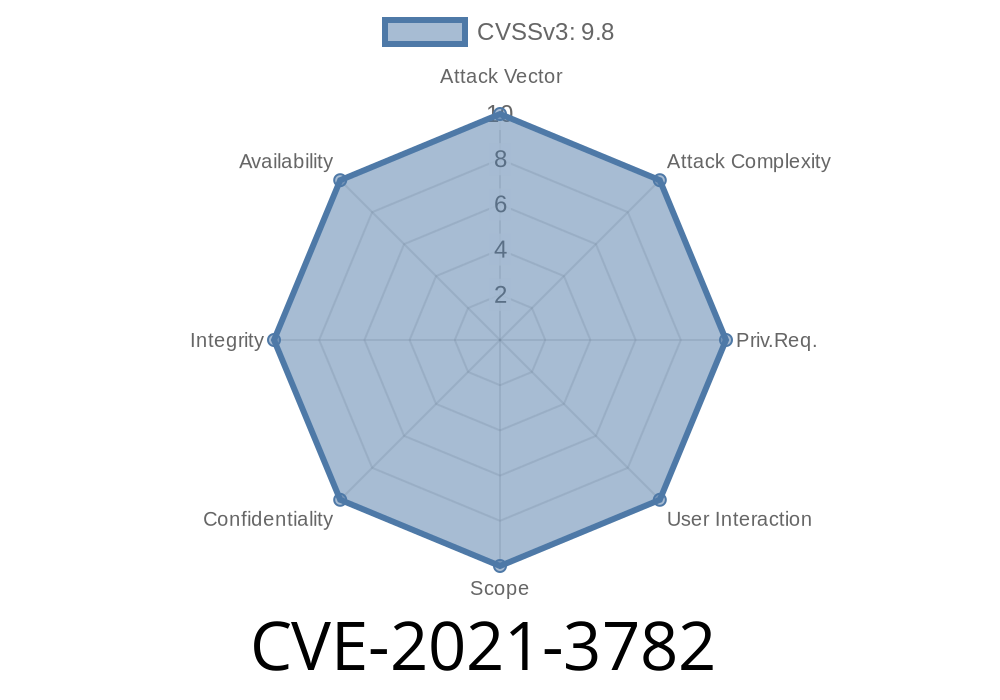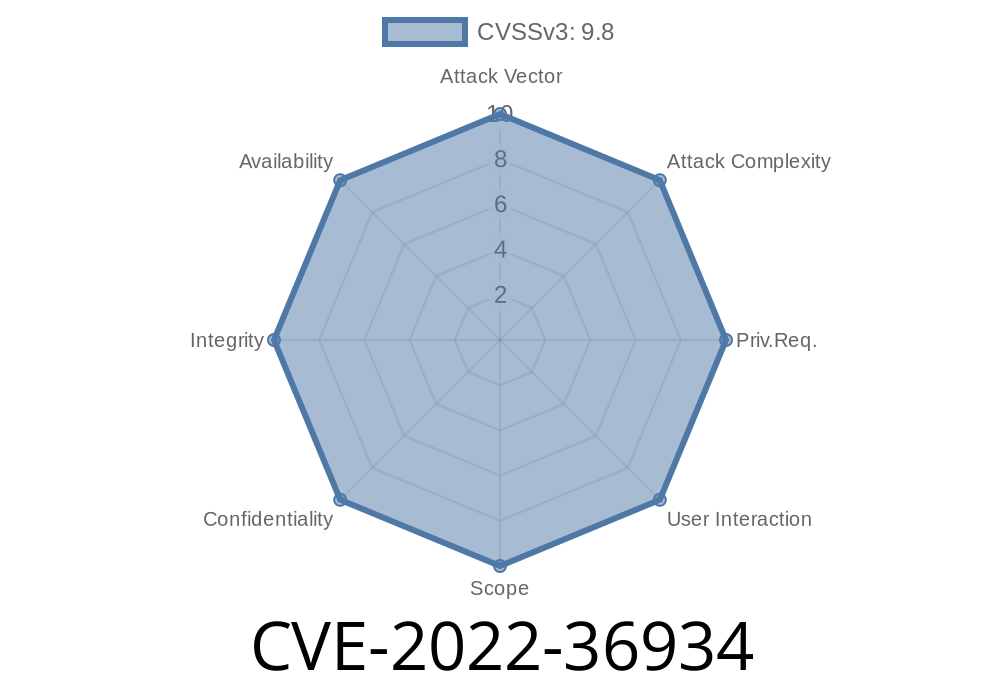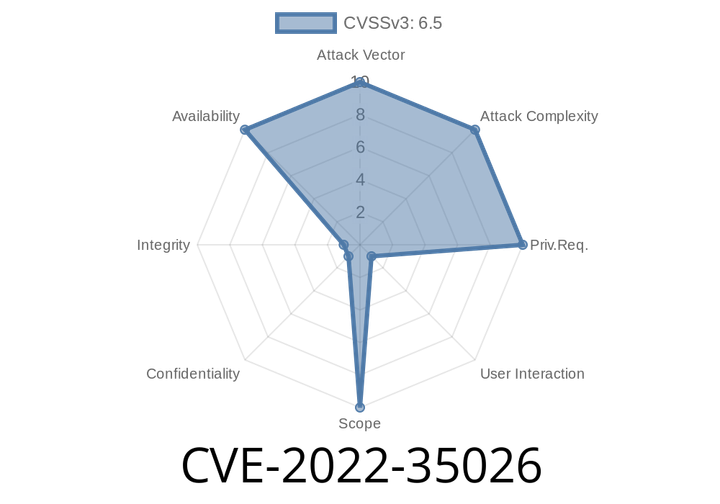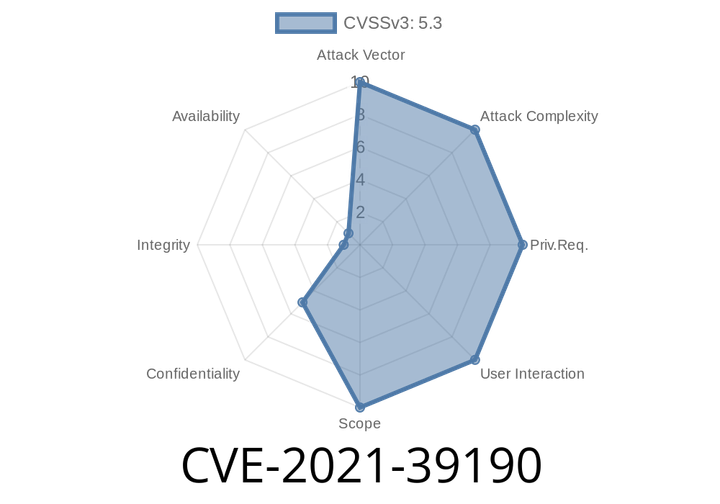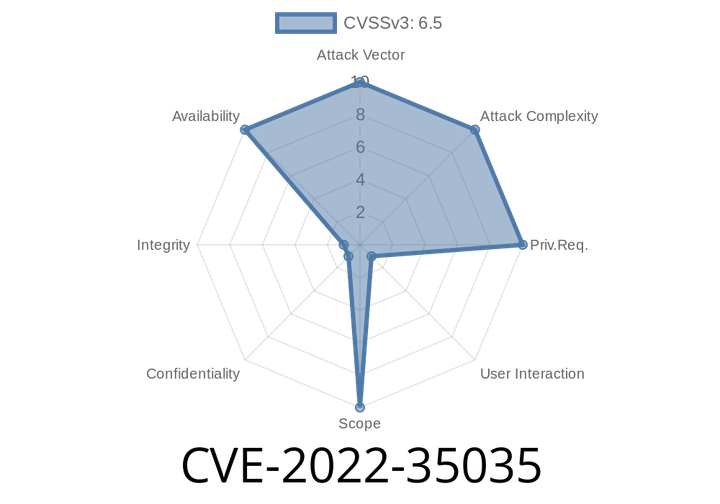CVE-2021-3782 An internal reference count is kept on the buffer pool to track each new buffer.
The reference count can be increased by creating an external reference to a buffer storage object, or creating a large number of external references to
CVE-2022-36934 An integer overflow in WhatsApp could result in remote code execution in an established video call.
In addition to being a major privacy concern, video calling is a very popular feature in many applications. Thus, any security issue in video chatting
CVE-2022-35026 The commit 617837b contained a segmentation violation.
When cloning the project and performing a code analysis, the team found a code block that was not fully typechecked: If the cloned project was
CVE-2021-39190 The SCCM plugin for GLPI is a plugin that synchronizes computers from SCCM to GLPI. Version 2.3.0 is patched to make the Configuration page publicly accessible.
SCCM 1802 is the latest version at the time of writing this article. No official SCCM 1803 release date has been announced yet. Therefore, we
CVE-2022-35035 An commit with 617837b was found to have a heap buffer overflow.
An attacker could leverage this vulnerability to execute code in the context of the user by enticing them to visit a malicious website or by
Episode
00:00:00
00:00:00
